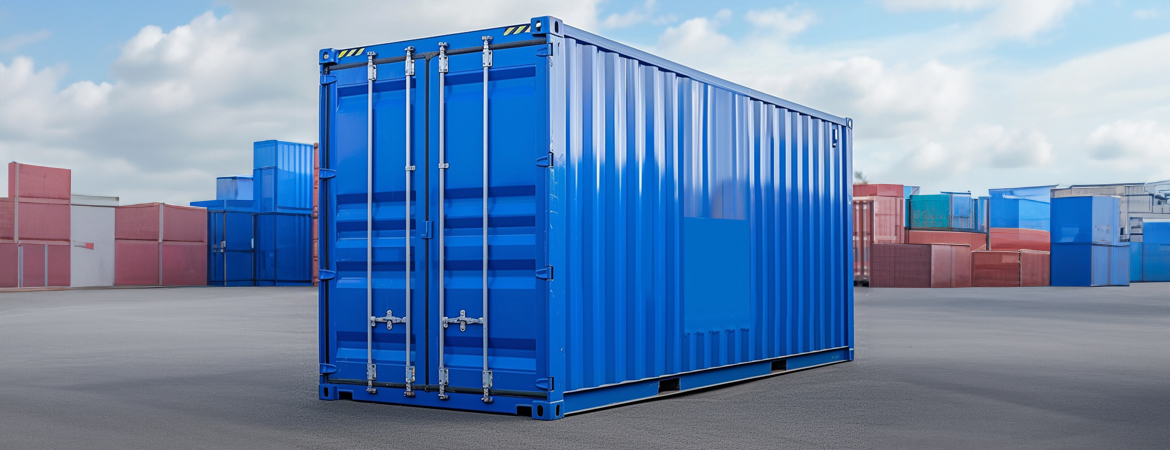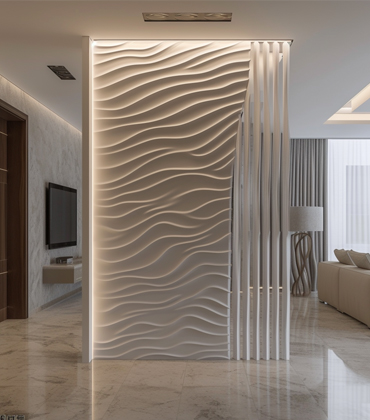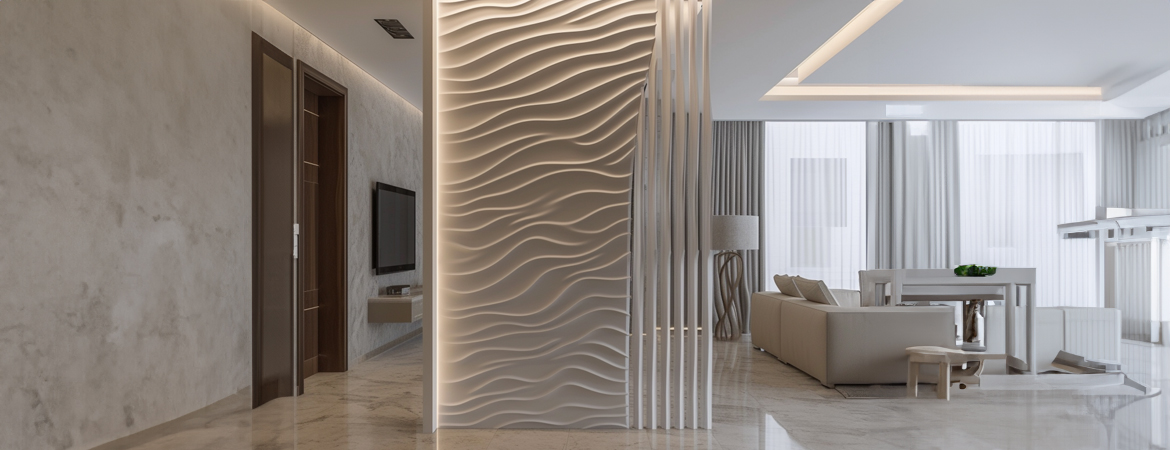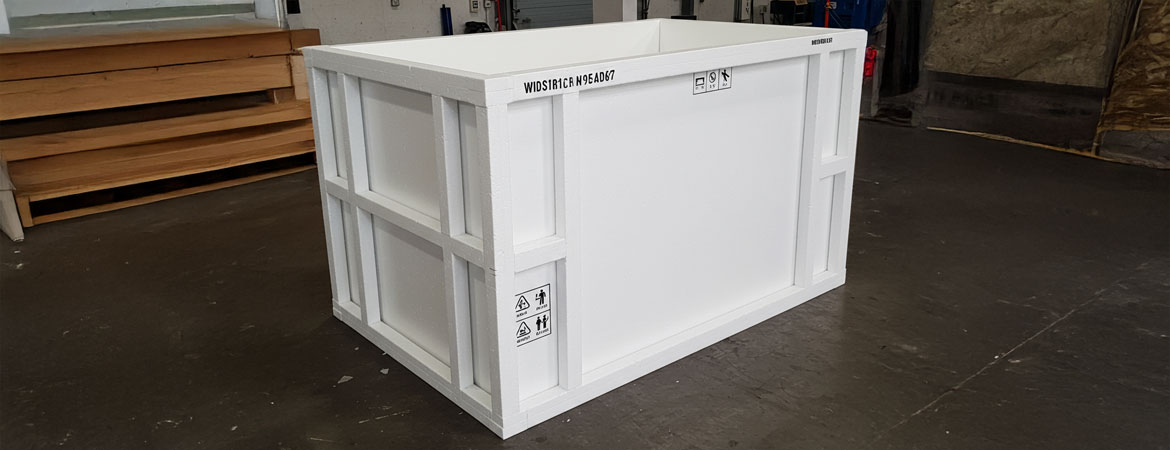Container
The durability, reliability and longevity of the materials used in the floor coverings of containers are of great importance. In this context, Composite Plywood stands out as an excellent option. Heavy load carrying capacity and durability ensure the long life of the containers. Additionally, its moisture and chemical resistant structure ensures that the loads inside the containers are protected and the floors remain intact. The durability of Composite Plywood supports the reuse of containers and reducing transportation costs.
Heavy Load Carrying Capacity and Durability
One of the most important features of the materials used in the floor coverings of containers is that they have the capacity to carry heavy loads. Composite Plywood can be used safely on the floors of containers thanks to its high strength. It resists the pressure and impacts caused by heavy loads, which enables the floors of the containers to be used for a long time without deformation. This durability enables the safe transportation and storage of loads inside the containers, thus minimizing the risk of damage.
Resistance to Moisture and Chemicals
Containers are exposed to various environmental factors during transportation. Moisture and chemicals can cause container floor coverings to deteriorate and damage the cargo inside. Composite Plywood has high resistance to water and moisture, which ensures that the floors of the containers remain intact for a long time. Additionally, being resistant to chemicals ensures the protection of the loads inside the containers and prevents the floors from being affected by chemicals. These features offer a great advantage, especially in containers transporting chemicals.
Longevity and Reusability
Composite Plywood offers a long-lasting solution for floor coverings of containers. Thanks to its high durability, it allows containers to be used repeatedly. This extends the useful life of containers and reduces transportation costs. Reusability provides a great advantage both economically and environmentally. The long life of containers reduces the need for new container production and saves resources.
Easy Maintenance and Repair
The durable structure of Composite Plywood also facilitates maintenance and repair operations. The fact that the floor coverings are easy to clean and durable ensures that the containers can be used without any problems for a long time. When necessary, repair of Composite Plywood floors can be done quickly and inexpensively. This increases the useful life of the containers and reduces operating costs. Additionally, its smooth surface makes it easier to clean the floors and provides a hygienic environment.
Eco-Friendly and Sustainable Material
The recyclability of Composite Plywood provides an environmentally friendly option in container floor coverings. The materials and methods used in the production process are designed to minimize environmental impacts. Being recyclable reduces the amount of waste and provides a sustainable solution. The use of environmentally friendly materials supports environmental sustainability in container transportation and contributes to the conservation of natural resources.
Performance and Efficiency Increase
The lightweight and durable structure of Composite Plywood increases the performance and efficiency of containers. The use of lightweight materials makes the containers easier to transport and store. This reduces labor and transportation costs. The high strength of Composite Plywood allows containers to be used safely and efficiently even in harsh conditions. Performance increase boosts efficiency in transportation processes and enables logistics operations to be carried out more effectively.
Composite Plywood stands out as an excellent option for container floor coverings thanks to its heavy load carrying capacity, durability, resistance to moisture and chemicals, long life and environmentally friendly features. The long-lasting and durable nature of floor coverings ensures safe and efficient use of containers. Reusability offers great economic and environmental advantages. Composite Plywood has taken its place as an indispensable material in the sector by offering a reliable, efficient and sustainable solution in container transportation.








